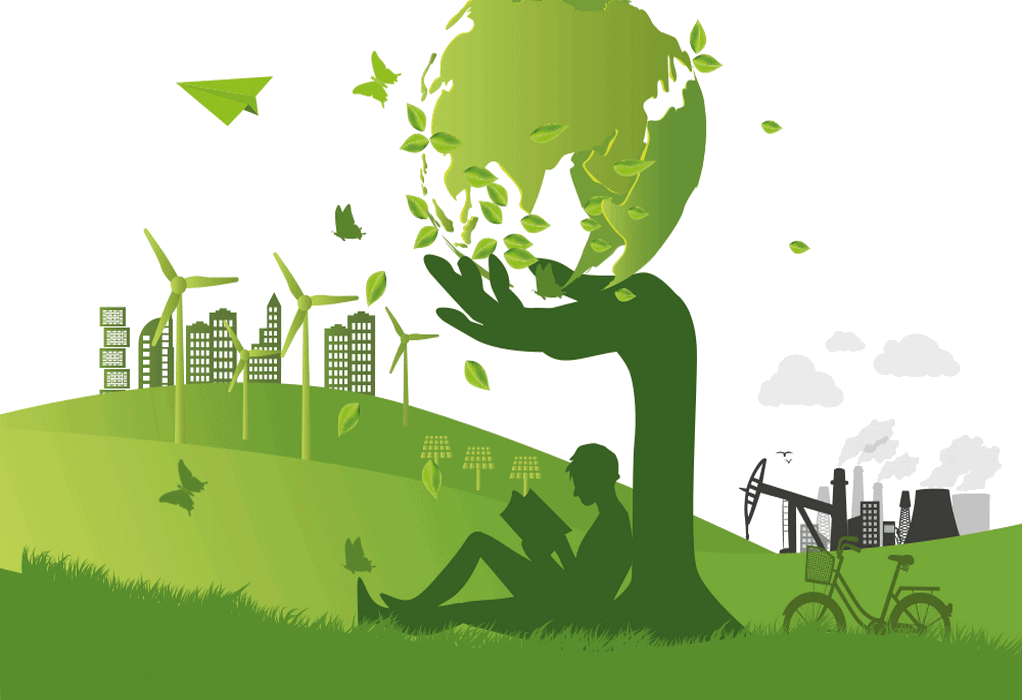A senior German official predicted Tuesday that the war in Ukraine and its impact on fossil fuel prices worldwide will provide a “massive boost” for the means and measures needed to curb climate change.
Patrick Graichen, Germany’s deputy energy and climate minister, said rising global prices for oil, gas and coal will accelerate the uptake of low-emission technology that simultaneously reduces countries’ reliance on imports from Russia.
“The core technologies to become independent of (Russian President Vladimir) Putin and to drive forward climate protection are the same,” he told reporters in Berlin.
“They are renewables, they are efficiency and electrification,” said Graichen. “These three will now get a massive boost.”
Graichen spoke at the presentation of the annual report on Germany’s greenhouse gas emissions, which rose sharply in 2021 after a pandemic-induced dip the year before.
Preliminary figures show Germany released the equivalent of 762 million metric tons of heat-trapping carbon dioxide into the atmosphere last year. That’s 33 millions tons, or about 4.5%, more than in 2020.
Ottmar Edenhofer, director of the Potsdam Institute for Climate Impact Research, said the rise in emissions last year was partly the result of high natural gas prices that have made it cheaper to burn more-polluting coal.
The latest figures mean Germany has again failed in its goal of cutting emissions by 40% compared with 1990 levels — a goal supposed to be achieved by 2020. The government has acknowledged that a huge effort will be required to halve emissions by 2030 and achieve ‘net zero’ by 2045.
Officials say the building and transport sectors in particular are failing to meet targets. Among the measures currently promoted by the government are the uptake of electric vehicles and the replacement of oil-or-gas furnaces for home heating with highly efficient electric heat pumps.
The head of the German Environment Agency, Dirk Messner, suggested transport sector emissions could also be sharply reduced if drivers were to limit their speeds to 100 kph (62 mph) on highways and 80 kph (50 mph) on large extra-urban roads. Germany currently has no universal speed limits on its Autobahn network, and the issue of introducing one is politically contentious.
Graichen declined to comment on plans by Germany’s finance minister to subsidize gasoline prices, a measure that environmental groups say would undermine efforts to reduce emissions.
Source: https://www.usnews.com
Tags: Fossil Fuels, Germany, Low-Emission Technology, Russia-Ukarine war



Recent Posts
Wärtsilä to Power USA’s First All-Electric High-Speed Ferries in San Francisco Bay
ABS and Pusan National University Chart a Course for Liquid Hydrogen Shipping
RIC Energy and Siemens Partner to Advance Green Hydrogen and E-Fuels Projects in Spain
Moeve to Supply 40,000 Tons of 2G Marine Biofuel to Grupo Armas Trasmediterránea in Canary Islands
Smart Green Shipping Completes Successful Sea Trials of Wind-Assisted Propulsion System
CMA CGM Unveils Vietnam’s First Fully Electric River Barge in Collaboration with NIKE
Vietnam and France Join Forces to Explore Green Hydrogen for Remote Islands
Port of Rotterdam Tests Electric Hydrofoil Vessel in Push for Sustainable Operations